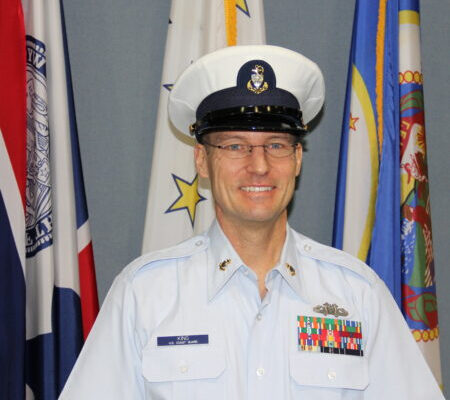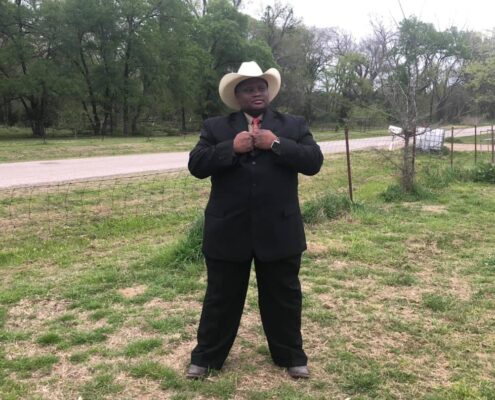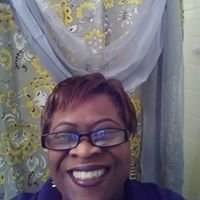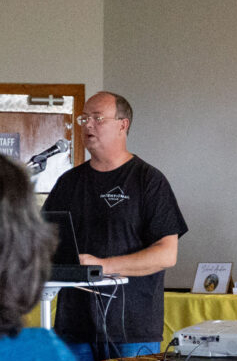Ordained Women Ministers Allowed At Christian Leaders Alliance
The debate on whether ministry-trained women are allowed and encouraged to be ministers has raged throughout history and in various faith communities.
Christian Leader Alliance enthusiastically encourages the training and credentialing of women ministers. Why?
Ordained Women Ministers Are Allowed Based On The Pentecost Sermon
The first Sermon of Peter on Pentecost mentioned that women have a role as gospel messengers.
Shortly after Jesus rose from the Dead and forty days ascending on high, the Holy Spirit was poured out at Pentecost. Inside the house, a violent wind and tongues of fire spread and came to rest on each disciple. Each began to speak in foreign languages.
Outside, the wind and fire were noticed. Jerusalem was crowded with visitors from all over the world. Amazingly, these foreigners understood the gospel in their language. Acts 2:7-11 recounts,
They were utterly amazed and asked: “Are not all these men speaking Galileans? Then how does each of us hear them in his native language? Parthians, Medes, and Elamites; residents of Mesopotamia, Judea and Cappadocia, Pontus and Asia, Phrygia and Pamphylia, Egypt and the parts of Libya near Cyrene; visitors from Rome 11 (both Jews and converts to Judaism); Cretans and Arabs—we hear them declaring the wonders of God in our tongues!”
The question on everyone’s mind was: What does this all mean? Amazed and perplexed, they asked one another, “What does this mean?” (Acts 2:12) Some people interpreted the scene as out of control. Maybe alcohol was involved.
Peter, the early spokesman for the new Christian movement, filled with the Holy Spirit, gave the first Christian sermon. He began with a humorous intro.
“These men are not drunk, as you suppose. It’s only nine in the morning!”
Everyone laughed.
Peter had the stage, and his opening lines disruptively identified the future leaders of this new movement.
No, this is what was spoken by the prophet Joel:
“ ‘In the last days, God says,
I will pour out my Spirit on all people.
Your sons and daughters will prophesy,
your young men will see visions,
your old men will dream dreams.
Even on my servants, both men and women,
I will pour out my Spirit in those days,
and they will prophesy. Acts 2:16-18
The message was simple.
Everyone who called on Jesus would be saved. Later in his Pentecost message, Peter centers the new movement on one central truth. Jesus rose from the dead.
God has raised Jesus to life, and we have all witnessed this. Exalted to the right hand of God, he has received from the Father the promised Holy Spirit and has poured out what you now see and hear. Acts 2:32-33
Peter’s message ended with a call to repent and be baptized.
Christian Leaders Alliance recognizes that in these last days, ministry-trained men and women are called to be messengers.
Ordained Women Ministers Allowed Based On Romans 16
The Apostle Paul mobilized educated women ministers.
As the Apostle Paul raised another generation of Christian Leaders to spread Christianity beyond the first apostles, he included educated women ministers.
How did he launch Christianity beyond himself?
As he spread Christianity on his missionary journeys, he recruited, educated, and ministry-trained men and women to help.
One of the educated and ministry-trained women he recruited was Phoebe.
Phoebe was a well-educated woman with resources from Cenchrea, a coastal town near Corinth. Paul describes her as a great help; Greek means a benefactor to the Apostle Paul and others. When Paul sent one of his letters, he carefully picked his messenger. This educated woman carried the letter from Paul to the Roman believers.
Paul picked Phoebe to answer any questions. Was this possibly considered out of the ordinary? Yes. So Paul writes,
I commend to you our sister Phoebe, a (DIAKONOS), a deacon, a minister, a servant of the church in Cenchrea. I ask you to receive her in the Lord in a way worthy of the saints and to give her any help she may need from you, for she has been a great help to many people, including me. Romans 16:1-2
Throughout history, it has been debated whether or not Paul meant that Phoebe was a servant, deacon, or minister here. The word here is “diakonos.” Most scholars agree that she was a “diakonos,” a minister.
It is essential to acknowledge that Paul put a high premium on those who received education and ministry training.
A short distance from Cenchrea was Corinth. The general pattern of education in those days excluded women or, more likely, wives from schooling. The gospel includes both men and women, but the leaders were usually educated men. Roman law did not promote women’s education or encourage women’s role in society’s development. Most women were not educated, so Paul generalizes that reality. We read in 1 Corinthians 14:33-35
As in all the congregations of the saints, women should remain silent in the churches. As the law says, they are not allowed to speak but must be in submission. If they want to inquire about something, they should ask their husbands at home, for it is disgraceful for a woman to speak in the church.
At that time and to this day, only a few women were educated and trained in ministry. Phoebe was one of the few. She was the minister who carried the book of Romans to Rome.
Paul promoted other women like Priscilla (Romans 16:3). Romans 16:6 says that Junia was considered excellent among the apostles. Richard Bauckham proposes that Junia is the Latin name for Joanna, an early supporter and disciple of Jesus. Bauckham, Richard. Gospel Women: Studies of the Named Women in the Gospels. Eerdsmans, 2002, pp. 172-80
Ordained Women Ministers Are Allowed Based On The Historical Early Church Practice.
The early church ordained numerous women deacon ministers.
The first documented female deacon minister was Phoebe, seen in Romans 16:1. Historical documents, recent research, and archaeology have uncovered a preponderance of evidence showing the common practice of ordaining women in the church. This practice happened until the 1200s in the Catholic church. (Women Deacons: Gary Macy. Paulist Press. 2011. Page 28.)
Some evidence of the practice of the ordination of women.
Pliny the Younger was a prolific writer whose epistles have survived. He died in 113 AD. About three years before he passed, he wrote to Emperor Trajan about the spread of Christianity and the procedure for punishing confessing Christians. He is alarmed at the spread. He commented,
Many persons of every age, every rank, and both sexes are and will be endangered. The conwomen’s sion, focusing on, has spread not only to the cities but also to the villages and farms. Georgetown University
He arrested people in Bithynia who were accused of being Christian. Some recanted, and he let them go. Others did not, and he executed them. As he told of his dealings, we see this quote about how the Christian Church in 110 AD was ordaining enslaved women as ministers. The Latin word for a minister is translated from the Greek word “Diakonos.” Deacon. These two enslaved women, called deacons, were tortured:
Accordingly, I judged it all the more necessary to find out what the truth was by torturing two enslaved women who were called Deacons (ministers in Latin). But I discovered nothing else but depraved, excessive superstition.
By 110 AD, the training system for women included not only higher society women like Phoebe but also enslaved people.
There are many tomb inscriptions of women deacon ministers, and there are beautiful examples of women deacon ministers, such as Olympias 370 CE.
The early church’s Montanist movement (circa 150 AD) included the ordination of women ministers and bishops. These Montanist leaders encouraged the mobilization of Godly men or women to serve in ministry. This movement was ultimately not supported and was condemned, but not because of the use of women’s gifts. Dr. Alan Wheatly suggests that.
“The Montanist phenomenon points strongly to a reaction to increasing clerical dominance, to an insistence that authentic Christian practice included a broad spectrum of participants, including women, and to the work of the Holy Spirit as invigorating such breadth of involvement.” (Wheatley, Alan B.. Patronage in Early Christianity: Its Use and Transformation from Jesus to Paul of Samosata (Princeton Theological Monograph Series Book 160) (p. 100). Pickwick Publications is an Imprint of Wipf and Stock Publishers. Kindle Edition.)
For a detailed and extensive study, a documentary history of deacons in the church’s history, purchase, Ordained Women in the Early Church.
Conclusion
Christian Leaders Alliance sees Biblical and historical evidence that women were ordained as deacons (ministers). So, are ordained women ministers allowed in the church? Yes. We believe that the office of deacon minister is open to women and men.
Scholarly Perspectives on Ordaining Women Ministers
Some believe that women should not participate in ministry. Here are some academic perspectives on permitting women to serve in ministry.
Fuller Theological Seminary encourages women in ministry. Here is their institutional response to some passage that seems to be against women in ministry. Click here to read.
Check out the videos below from Biblical Scholar NT Wright. He talks about some passages and more.
.
Leading Catholic Biblical Scholar Dr. Carolyn Osiek shared an in-depth examination of the role of women, focusing on six Christian women. Enroll in a free Christian Leaders Insititute course. Click here.







